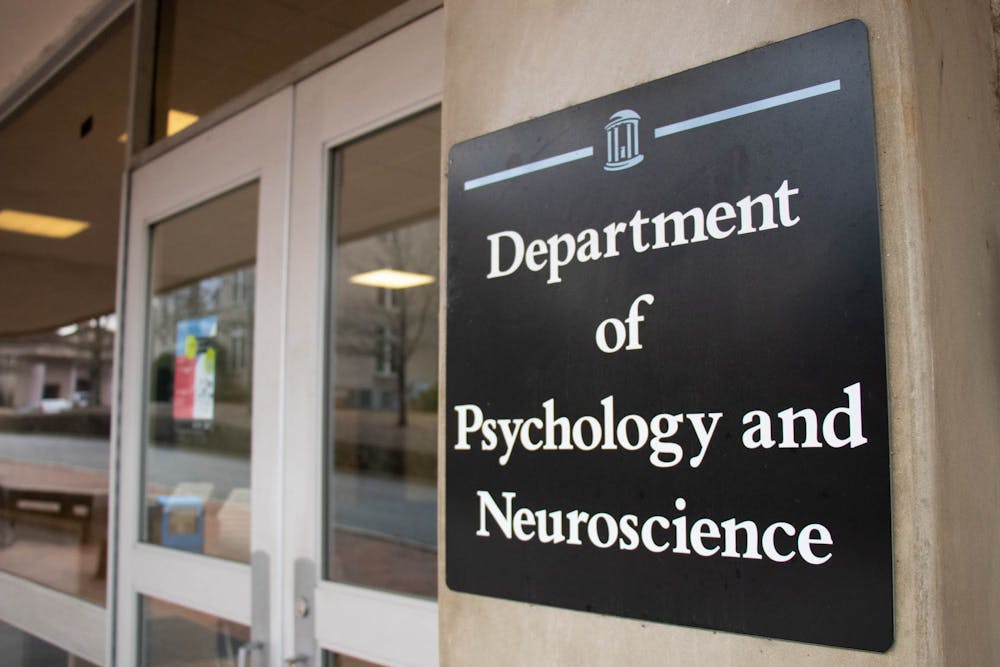Last week, the School Psychology Program in the UNC School of Education and Chapel Hill-Carrboro City Schools celebrated National School Psychology Week, highlighting the work of K-12 school psychologists and their impact on the mental health of students despite a shortage in the profession.
The National Association of School Psychologists recommends a ratio of one psychologist for every 500 students, but national data shows that the current ratio is one psychologist to 1,127 students.
Steve Knotek, an associate professor of school psychology at UNC, said he recognizes the need for the growth of the profession. He said schools are a primary place of mental health service, but that they are often understaffed.
“We’re desperately under-resourced as school psychologists to meet the needs,” he said. “It’s just we’re all scrambling and trying to figure out how to make this happen.”
To alleviate resource issues, Knotek said those in the UNC school psychology program try to work with the N.C. General Assembly to pass laws that would help students.
The program hosted an event each day of National School Psychology Week with a different theme, Eliah Anderson, a second year doctoral student in the UNC School of Education's psychology program, said. She said the week included a tailgate, an appreciation day and an advocacy day.
Teonaka Daye, the CHCCS director of psychological and support services, said in an email the district is fortunate to have a full school psychology staff. She said, on average, there is one designated psychologist for each high school. The remaining psychologists serve two schools each, Daye said.
“We have made great strides in ensuring each psychologist on our team is in a position to provide a full continuum of school psychological services,” she said.
Daye said the school psychologists provide a number of services to students, including skill groups, social emotional learning groups, plan development and crisis support. She said they provide help to family and staff members as well.




